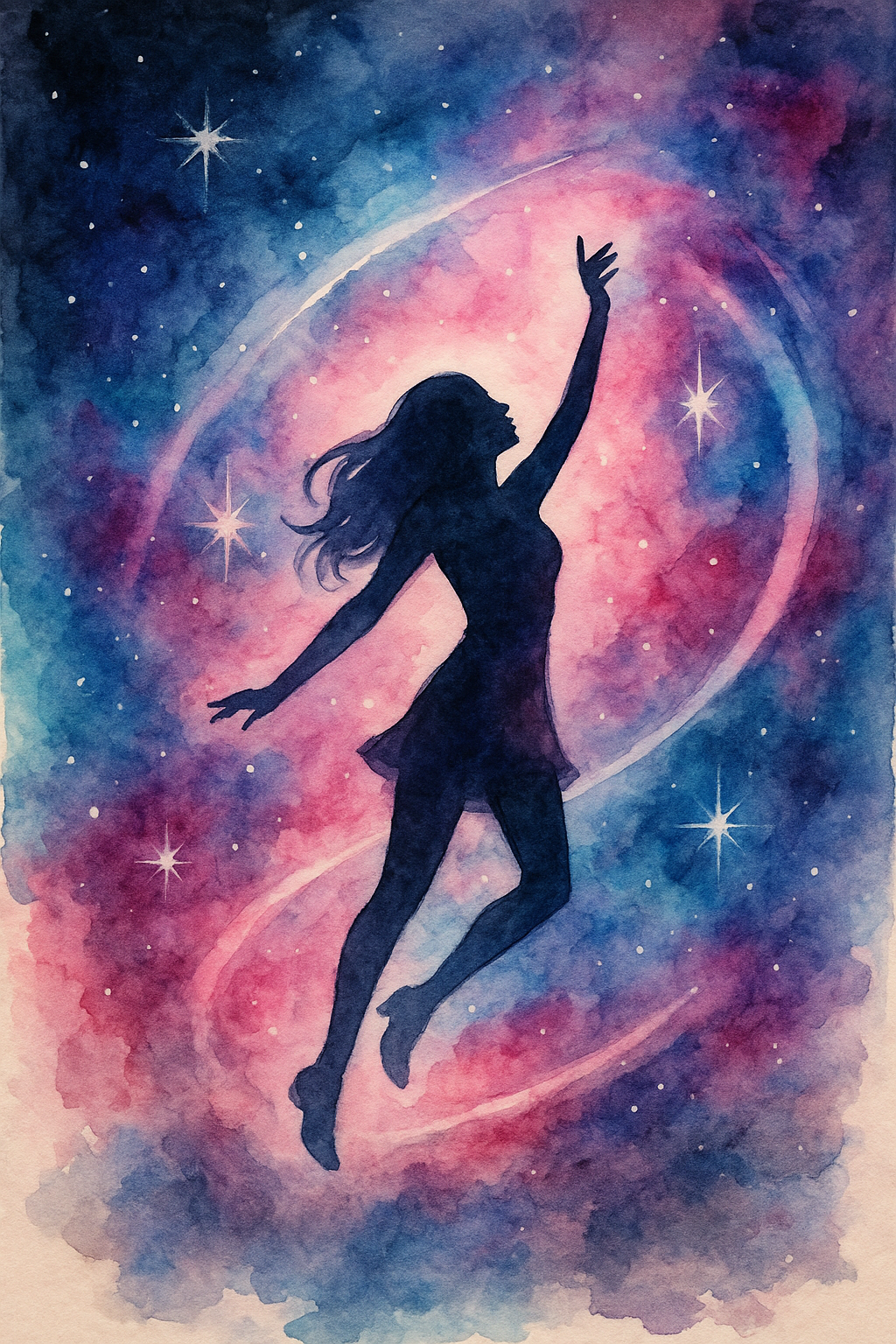SONGBREAKER: Where we crack open the tracks that cracked us open.
We dive past the charts and the trivia into the blood, bone, and glitter of the songs that still echo decades later. No nostalgia goggles, no industry gloss — just the truth hiding in the beat.
SONGBREAKER #2: “Levitating” — Dua Lipa
When Dua Lipa dropped Future Nostalgia in 2020, the world was unraveling. Clubs were closed, the dance floor was a memory, and joy felt like a luxury. So she did the unthinkable: she built an album that didn’t care. She made music for the dance floor even when no one could dance. And “Levitating” became its gravitational center — a song about connection, euphoria, and escape, wrapped in the shimmer of disco synths and cosmic metaphors.
Musically, it’s pop chemistry at its finest. The track fuses funk basslines, Daft Punk gloss, and late-’70s glitter with the mechanical polish of 2020s production. You can practically feel the mirror ball turning. The beat isn’t just steady — it’s confident, like it knows it owns the room. And Dua’s voice? Ice-cool but irresistible, with just enough smirk to let you know she’s in control of her orbit.
But beneath the glitter, “Levitating” is emotional fuel. Dua has said the song was born out of that first, dizzying spark of new love — that moment when everything clicks, and the world feels like it’s moving in rhythm with your heartbeat.
“It’s about having fun and meeting someone and falling in love and thinking, ‘You’ve probably met me at the perfect time — let’s just go for it,’” she told Apple Music.
That’s the song’s secret weapon: optimism without irony. While most pop of the late 2010s leaned on “sad disco” — heartbreaks wrapped in dance beats — Dua flipped the script. As she put it herself,
“This is about me exploring happy songs and doing something that’s not ‘dance crying.’”
That optimism hit differently in 2020. The song’s joy wasn’t naive; it was defiant. It gave people permission to dance again — even if the dance floor was their living room.
Dua’s commitment to that joy was intentional from the jump. She wanted Future Nostalgia to feel like stepping into a glittering time warp — familiar but forward-looking.
“When I was writing it, I felt like I was in Austin Powers and was like, ‘If I do a video for this, Mike Myers has to be in it.’ It had to be fun and bubbly but with lyrics that felt really smart.”
That’s Levitating in a nutshell — playful, confident, sharp as glass under all that gloss. She knew exactly what she was doing: making a song that felt timeless without apology.
Even her nod to Blondie — that half-spoken, half-sung bridge she calls her “British version of rapping” — was a wink to her roots.
“I felt like I needed to get my British side across on this record, because sometimes people don’t actually know where I’m from.”
It’s one of those tiny artistic choices that grounds the cosmic imagery in something real — a person having fun, claiming her space, being wholly herself.
The song’s journey wasn’t all smooth, though. The DaBaby remix initially dominated radio play before controversy shifted the spotlight back to the solo version. Dua handled it with grace, letting Levitating re-center on her original energy — bright, inclusive, untouchable. The song didn’t need anyone else.
And let’s be real: the success speaks for itself. “Levitating” lived on the Billboard Hot 100 for over a year, peaking at #2 and refusing to drop out of orbit. It became the sound of post-pandemic joy — a pop resurrection that defined its decade.
It’s easy to underestimate “Levitating” because it feels effortless. But that’s what great pop does — it makes precision sound like instinct. Every bassline, every handclap, every glittering synth is engineered to feel inevitable.
And maybe that’s the real trick of the song. It’s not just about falling in love. It’s about believing again — in yourself, in connection, in lightness.
“It’s the feeling when love makes you feel like you’re levitating. It’s otherworldly.”
She’s right. It is.
“Levitating” isn’t escapism — it’s resurrection.
In a decade where pop sometimes feels like it’s sprinting to keep up with algorithms, Dua Lipa slowed it down just enough to make something timeless. She didn’t reinvent pop — she reminded it to have fun again.
So if “Levitating” makes you want to spin under neon lights, to believe in something bigger, to grin through the chaos — good. That’s the point.
Sometimes the best kind of rebellion is joy.
Sound + Image, delivered weekly
We publish raw portraits, photo essays, and indie thinkpieces. Get the Thursday issue in your inbox.
Subscribe on Substack →No spam. Unsubscribe anytime.

